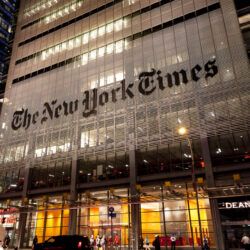
The Baby Bump that Wasn’t
“Few people would willingly take on additional stressors during lockdowns, uncertainty and financial stress during Covid. Depriving expectant mothers of significant milestones, such as baby showers and gender reveal parties isolates them from supportive networks of friends and family essential to reducing stress and improving mood.” ~ Micha Gartz





